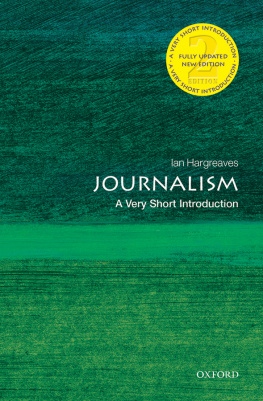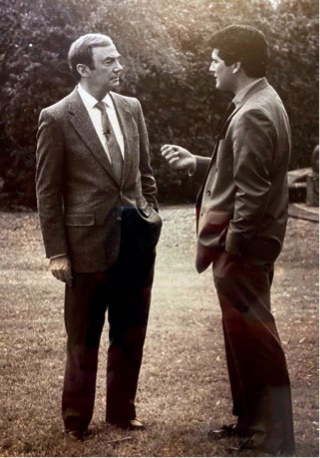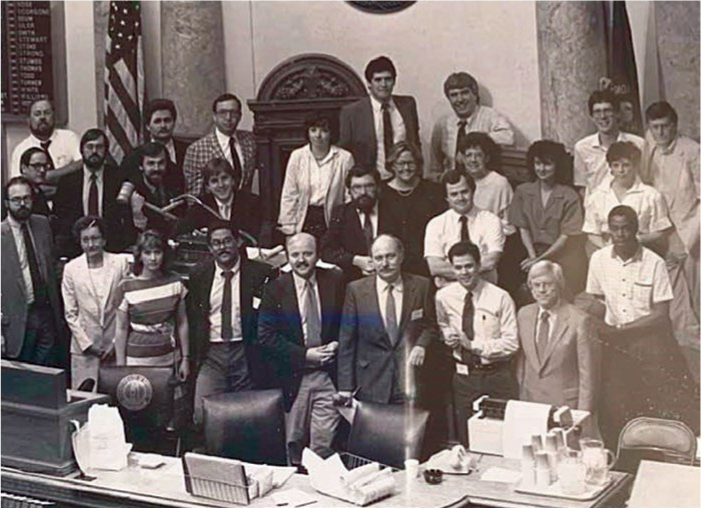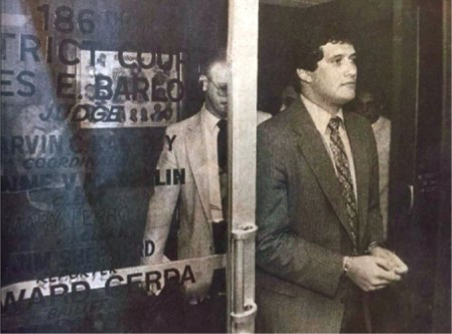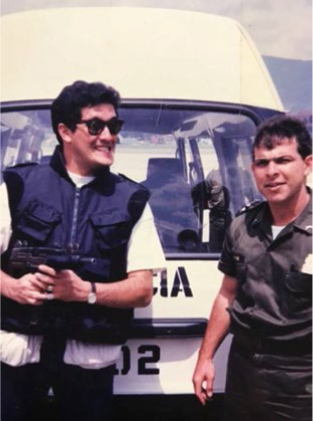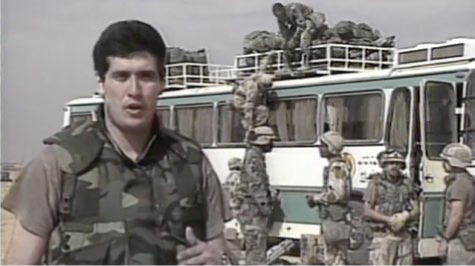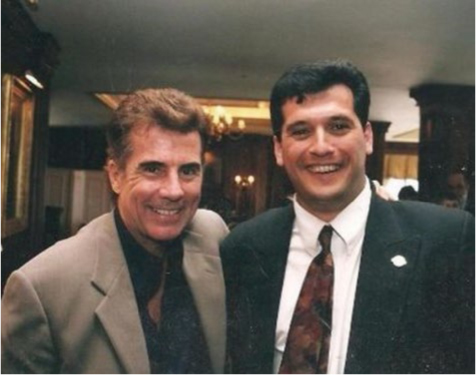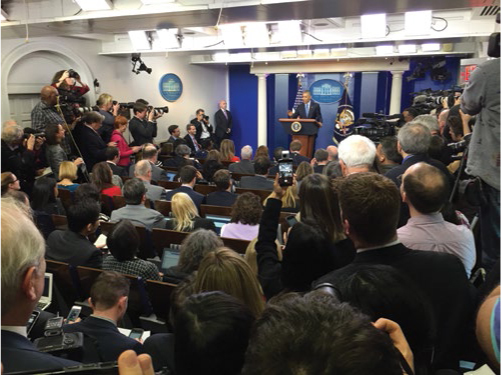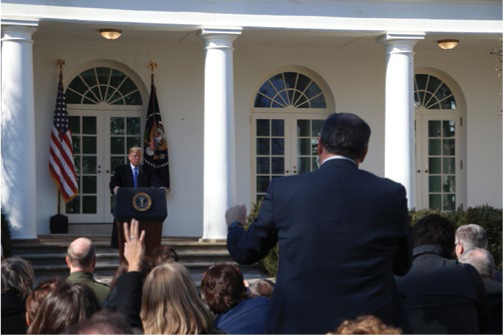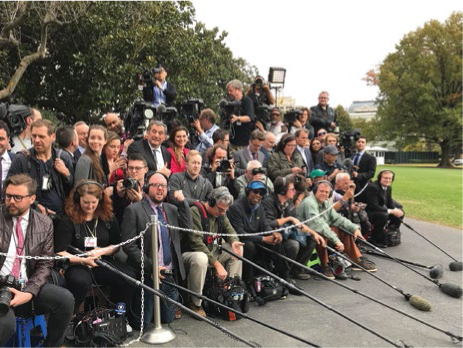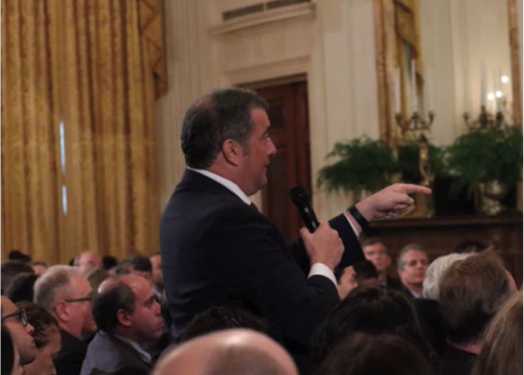
The press conference in the East Room after the 2018 midterm elections. Trump got angry as I asked him about putting the country firsteven if the Democrats tried to impeach him (which they did). Photo courtesy of William Moon
It was a typical day in the Donald Trump administrationwhich means it would have been an atypical day in the life of any other administration.
The president was talking about sending American troops to the southern U.S. border to help stop a crisis that we were told included roving caravans of marauding illegal immigrants intent on looting the countryside, engaging in criminal activities, and stealing American jobs while also in the process of sapping our infrastructure and human services by collecting unemployment.
To send U.S. troops to the border, Trump had to get authorization from Congress because such a move violated the Posse Comitatus Act.The act limits the powers of the U.S. military to enforce domestic policies within the United States.
Republicans have long supported this legislation, but the Trump administration seemed to be unaware of it. On the day in question, John Bennett, who at the time was Roll Calls White House reporter, and I walked back behind the James S. Brady Press Briefing Room in the West Wing to the lower press offices to ask a member of Trumps staff how the president was going to get around the act and if he planned to ask Congress to give him a waiver. At the time, the GOP ran the House and the Senateso opposition was unlikely. And Congress has given presidential waivers in the past.
Bennett was a few steps ahead of me and had already cornered Deputy Press Secretary Hogan Gidley in his office. Gidley was once considered for the top job Sarah Huckabee Sanders and later Stephanie Grisham and Kayleigh McEnany held, but he was never chosen. Gidley was a dapper dresser, prone to drinking muscle milk, which he kept stored in his office and which was often given as gifts from staff members.
He was energetic and for the most part friendly. He tried to help out the press, often muttering and jotting things down in a notebook and promising to get back to uswhich he seldom didbut he tried. Some of the presidents staff joked about his boundless energy and how he always seemed to be on the go. One assistant vowed to put a bell on his neck so we would know where he was.
Bennett asked Gidley about the Posse Comitatus Act. Hogan stared at him and then me and then said, Is that some kind of rule or something?
Bennett and I stared at each other, and we seemed to say in unison. Its a law, and I added, Republicans are usually supportive of it. Hogan nodded as if he understood and then went on to answer a few other questions.
At the end, Bennett circled back around to the first question, and Gidley nodded vigorously, telling us both that hed get back to us about that Hakuna Matata thing before shooing us out his door.
Hakuna Matata? Bennett said when we got back to the basement cubicles that served as office space for reporters. He called the Posse Comitatus Act that Hakuna Matata thing, what the fuck? He quoted the Lion King ?
That brand of lunacy was indicative of the Trump years at the White House. But it wasnt the reaction we got from Gidley that surprised me. Like Bennett, I couldnt help but chuckle.
Later, when we recounted this story to others, I was surprised there were reporters who had no idea what the Posse Comitatus Act is. Why would I need to know that? one reporter asked me.
Another younger reporter said it wasnt important, and that reporter also asked me how to keep a press secretary from asking a reporter a question in response to a question.
Suddenly, I felt as if I were in that scene in Broadcast News




